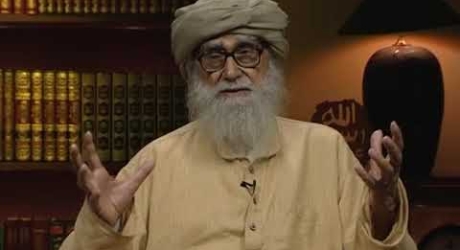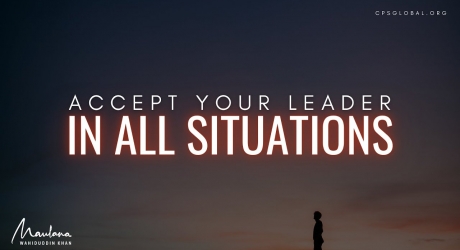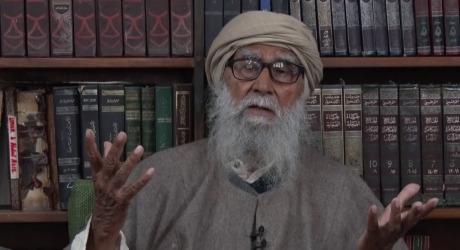The attitude of the Muslims towards their non-Muslim compatriots was one of kindness, consideration and extreme tolerance. This generous treatment was reciprocated by their trust and loyalty. A civil war started in the Muslim state during the Caliphate of Uthman and continued down the ages, but never once did non-Muslim subjects raise the standard of revolt. They sided neither with one nor the other party. They always remained neutral and never took advantage of the situation. The ruler of Byzantium strongly urged the Christian citizens of Islamic empire to rise in revolt while a civil war was raging between Ali and Mu’awiyah. He promised to liberate them by attacking the Muslims, but he did not succeed in inciting a rebellion. Such efforts continued down the ages until the time of the Crusades, but the Christians responded by saying that they preferred the Muslim rulers to their co-religionists.
The books of Hadith have a chapter called Kitab al-Fitan. This chapter tells about the warnings given by the Prophet.
The Prophet had said: After me there would be political corruption in the rulers. But you don’t fight with the rulers. Never revolt against them. (Sahih al-Bukhari 7052)
The scholars of Hadith have written that a principle of Islam is that revolt against an established government is unalwful. (Sharh al-Nawawi, v. 12, p. 229) When the Prophet reflected deeply, he realized that in the later period a group always undergoes degeneration. Degeneration is a law of nature from which there is no escape. The Prophet knew that the caliphate or political rule after him will undergo degeneration. The rulers will become corrupt. This will necessarily happen. No one can be safe from this. The Prophet knew that this would happen. He knew that people would begin to revolt in the name of reform. They would seek to depose the ruler in the name of putting an end to his injustice. People would initiate movements and begin to fight with the rulers. This would lead to civil war. People would kill one another and all constructive work would stop. There was a lot of work to be done after the Prophet, for example, compilation of the Quran and Hadith, preparation of Islamic literature, writing Quran and Hadith commentaries, etc. This was the body of Islamic classical literature or the source books of Islam. This body of literature was prepared after the Prophet. The Prophet knew that if political infighting began, all such important work would stop. Islamic source books wouldn’t come into existence. There were two choices available: First, tolerate political deviations so that the constructive work of Islam could continue. Second, fight with the rulers because of their political wrongs and thus stop every other work.
The Prophet considered political wrongdoing as lesser evil and the halting of Islamic constructive work as the greater evil.
The Prophet said: Copy Arabic text (Sahih al-Bukhari 7052) Give the rulers their rights and ask your rights from God.
The Prophet stressed greatly on making people duty-conscious and not rights-conscious. If the Prophet had made people rights-conscious, they would have kept fighting with the rulers to take back their rights. The Prophet instead advised people to fulfill their duties and to leave the rest on God.








